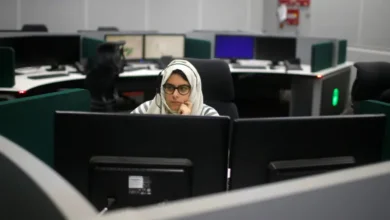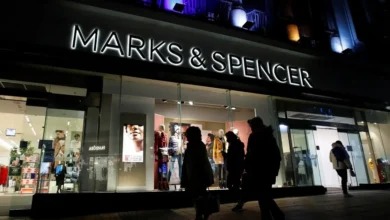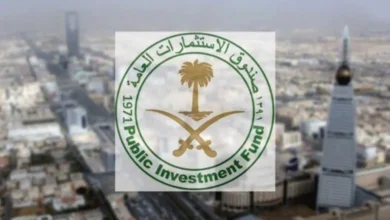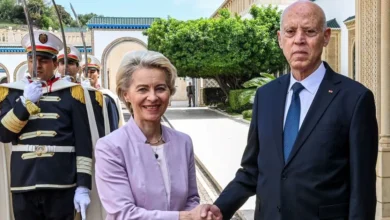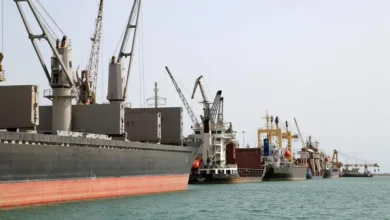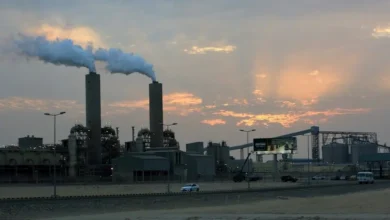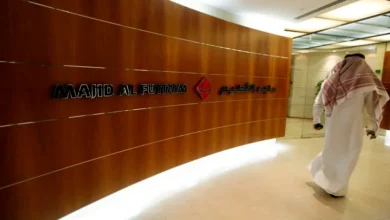Lebanon’s 2024 budget lacks vision, reforms: Experts
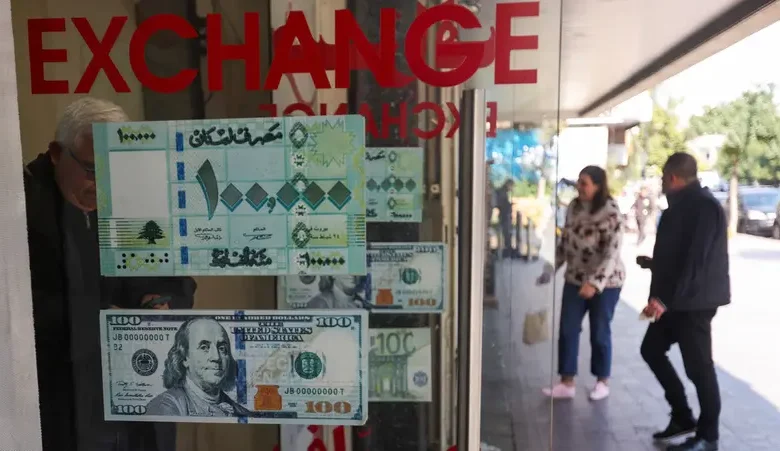
The Lebanese Ministry of Finance has forwarded the 2024 draft budget proposal to the caretaker Cabinet for discussion and approval. However, the $3.3 billion government budget is poised to receive a wave of harsh criticism from some ministers and members of the Parliament due to the new and hefty tax proposals that could wreak havoc on the remaining, barely surviving economic sectors in the country.
While failing to address the much-needed social and economic reforms, the budget says practically little or nothing about augmenting investment in public services or fixing the country’s ruptured social contract.
The ministry did not provide the macroeconomic indicators and assumptions used in the draft budget, such as real GDP growth, the inflation rate and nominal GDP. Given such a scenario, the chances of approving the draft budget in its present form look bleak unless a major adjustment is made to this bill.
The draft budget for 2024 shows expenditures at LBP300,519 billion ($3.3 billion) and revenues at LBP258,785 billion ($2.87 billion), leading to a budget deficit of LBP41,734 billion ($46.3 million), which would be equivalent to 13.9 percent of public spending, compared to 24 percent of expenditures in the 2023 draft budget.
It also includes Treasury receipts of LBP4,561 billion ($5.06 million), resulting in aggregate public revenues of LBP305,080 billion ($3.38 billion) for the year.
On the revenue side, the draft budget projects tax revenues at LBP208,065 billion ($2.31 billion) and non-tax receipts at LBP50,720 billion ($56.3 million), or 80.4 percent and 19.6 percent, respectively, of total public revenues.
The finance ministry has calculated the budget at LBP90,000 against the US dollar.
Running out of choices
Lebanon has been struggling to cope with the deterioration of the Lebanese pound, high unemployment, a severe drop in consumer purchasing power, high inflation, failure to elect a president for the republic, and mounting tension in the South.
Time is not a luxury for Lebanon, and any further procrastination in implementing reforms and unifying the exchange rate could lead to unforeseen catastrophes.
The International Monetary Fund (IMF) has been pressing Lebanese officials to expedite reforms in order to inject low-interest loans into the country.
Experts and economists have told Al Arabiya English that the caretaker Cabinet needs to do much more to bail out the country from the current crisis.
Group Chief Economist and Head of Research of Bank Audi Marwan Barakat gave three different scenarios for growth in 2024.
“The positive scenario with a probability of realization of circa 25 percent, the negative scenario with a probability of realization also at circa 25 percent, and the middle scenario with a probability of realization at circa 50 percent that makes it identifiable to a kind of base case scenario,” Barakat explained.
Need to meet crucial conditions
The positive scenario depends on an end to the current Israel-Palestine war, the imminent election of a Lebanese president, the formation of an effective and efficient government, the start of reform implementation, the reaching of a final agreement with the IMF, and the materialization of international assistance, according to Barakat.
“If these conditions are met, we expect the real GDP growth rate to exceed seven percent, the inflation rate to decline considerably, the exchange rate to stabilize at below 90,000, the BDL’s (Banque Du Liban or Central Bank of Lebanon) reserves to strengthen, and a surplus in the Balance of Payments (BoP) to be recorded for no less than $5 billion,” he told Al Arabiya English.
As for the negative scenario, it rests on the widening of the current conflict on the Lebanese border with Israel, the absence of presidential elections, and, therefore, the absence of government formation, no implementation of the required economic reforms, and no agreement with the IMF.
“Under these conditions, we forecast a negative growth rate in real GDP of circa 20 percent, an increase in inflation rate to 400 percent, a decline of BDL’s reserves to $3 billion, and a deficit in the BoP at around $5 billion,” the expert said.
The moderate scenario
Looking at the moderate scenario, Barakat assumes that the Israel-Hezbollah conflict remains confined to the South while maintaining the rules of engagement to a large extent, without any internal political breakthrough that could lead to economic reforms.
Under this scenario, the real GDP growth rate is expected to be close to nil, with the inflation rate nearing 100 percent.
Regarding the State Budget 2024, Barakat noted several positive and negative points surrounding the outlay.
“The Cabinet, which embarked on the discussion of the 2024 budget, transferred from the Ministry of Finance to the Cabinet in early September, quickly ratified it within constitutional deadlines –a first since 2002. The budget was transferred to Parliament 15 days before the start of the Autumn session in mid-October, which, according to Article 86 of the Constitution, allows the budget to be issued in the form of a Decree rather than a Law, in case Parliament does not ratify it on time,” he said.
However, Barakat stressed that the budget proposal lacks an economic vision that should accompany it to explain the rationale and macro strategy for the government, within which the annual budget is embodied.
“The 17 trillion Lebanese pound fiscal deficit targeted for 2024 seems too utopian, which puts in doubt the figures surrounding the budget, especially in view of emerging war-related extra spending,” he added.
Need to end ongoing war
For his part, honorary president of the Harvard University Alumni Association in Lebanon Habib Zoghbi emphasized the need to end the ongoing war in the South between Hezbollah and Israel.
“This war is affecting the economy more and more, even though the numbers are not yet showing this very clearly,” he noted.
Zoghbi expressed deep concern that this war would expand and could deal a bigger blow to the Lebanese economy.
He also believes the Lebanese economy has, in fact, collapsed.
Cash economy and black economy
“What really helped the country going was the cash economy and the black economy, especially the smuggling at the border between Lebanon and Syria,” Zoghbi said.
In addition, the capital inflow to Lebanon, estimated at $6.3 to $6.4 billion, allowed the country to weather the deep recession that plagued Lebanon relatively well, he observed.
Zoghbi added that despite all these facts, Lebanon achieved negative economic growth over the past few years. He expressed total objection to new taxes, especially under these critical conditions in Lebanon.
Zoghbi favored improving tax collection because “there are many sectors that are evading paying taxes to the state.”
While the Ministry of Finance has ensured that the presentation of the budget proposal does not miss the deadline, it has failed in its broader objective of connecting the missing links between expenditure and revenue parameters and the macroeconomic goals that are vital to ensuring an inclusive growth trajectory. As social and capital spending remains tepid, a regressive tax regime looks to be the only alternative for the ruling elite.
